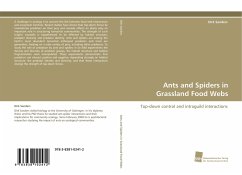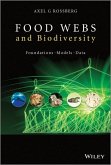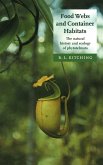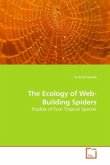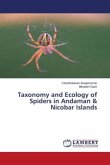A challenge in ecology is to uncover the link between food web interactions and ecosystem function. Recent studies have shown that top-down forces by invertebrate predators on their prey and cascade effects on plants play an important role in structuring terrestrial communities. The strength of such trophic cascades is hypothesised to be affected by habitat structure, predator diversity and predator identity. Ants and spiders are among the Earth's most abundant terrestrial arthropod predators and most are generalists, feeding on a wide variety of prey, including other predators. To study the role of predation by ants and spiders in six field experiments the density and diversity of predator groups, the habitat structure and habitat fragmentation were manipulated. These experiments demonstrate that predators can interact positive and negative, depending strongly on habitat structure, the predator identity and diversity, and that these interactions change the strength of top-down forces.
Bitte wählen Sie Ihr Anliegen aus.
Rechnungen
Retourenschein anfordern
Bestellstatus
Storno

